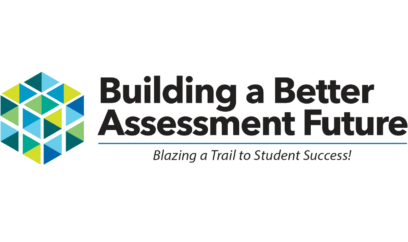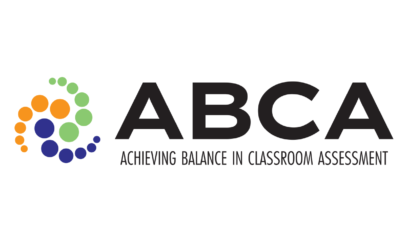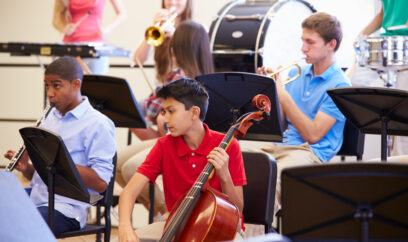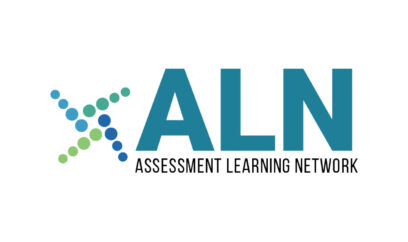
Building a Better Assessment Future 2025
August 5 - 6, 2025At the 2025 Building a Better Assessment Future conference, we are placing students at the center of our assessment systems, practices, and policies. Join us…

The annual Michigan School Testing Conference will take place virtually on February 16-18, 2021. The conference consists of one day for workshops (February 16) and two days of plenary and clinic sessions (February 17-18). Four half-day and two full-day workshops will be offered online on February 16. Almost forty sessions will be offered virtually on Wednesday and Thursday, February 17-18.
Conference registration is now open. Register by Jan. 15, 2021, and pay the early bird rate!
Check out the session descriptions in the promotional booklet.
Keynote Presentations:
Jay McTighe – Measuring What Matters: Assessing the Right Things in the Right Ways at the Right Times
The abrupt and unprecedented disruptions to education brought about by the COVID-19 pandemic have resulted in considerable changes to business as usual in K-12 schools and universities. We have witnessed an almost overnight shift to online learning, schooling at home, virtual professional and curriculum development, web-based testing for Advanced Placement courses, suspension of state tests and final exams, and alternative approaches to traditional grading. Just as experts have forecast that societies will be fundamentally changed as a result of the pandemic, it also seems likely that schooling as we knew it will never be the same. Indeed, the aftermath of times of crisis inevitably offers an opportunity to step back and reexamine all facets of life, and it is thus an opportune time to scrutinize our current assessment system.
Michael T. Nettles – Using Assessment to Inspire Student Achievement
In innovative projects focusing on emerging, demographically diverse student populations (i.e., minority students, English learners, students with disabilities, and those in poverty), efforts are being made to inspire students to reach higher levels of achievement through innovations such as comprehensive learner records, course micro-credentialing, self-sovereignty identity (in which students taking ownership of their own academic records), and collaborative problem solving. These experimental steps are inspiring these students to achieve at higher levels, and documenting their achievement in ways more useful than traditional high school transcripts for college admissions and placement, thus improving the students’ college and career readiness. The early signs of the impacts of these efforts are encouraging and may propel education forward, especially in large urban school systems

At the 2025 Building a Better Assessment Future conference, we are placing students at the center of our assessment systems, practices, and policies. Join us…

Facilitate classroom-level, assessment-literate practice to improve student learning & achievement! Districts that implement—with fidelity—quality balanced assessment systems in every classroom show improved student learning and…

The Assessment Learning Network (ALN) kicks off the 2025-26 season with an in-person session that includes learning, networking, and a luncheon. Art is a…

Note: to register for a Season Pass (and save money!), click the button at right. To register for individual sessions, click the session title in…